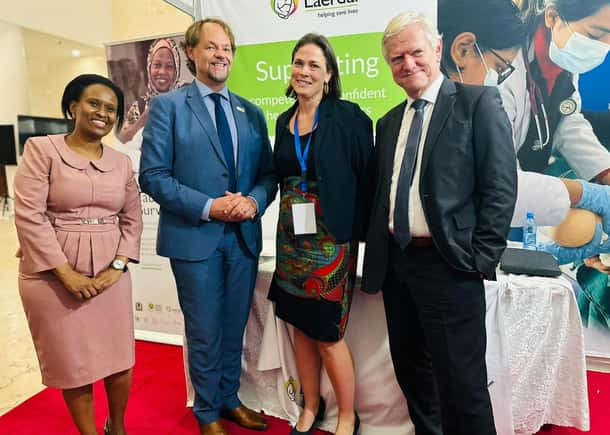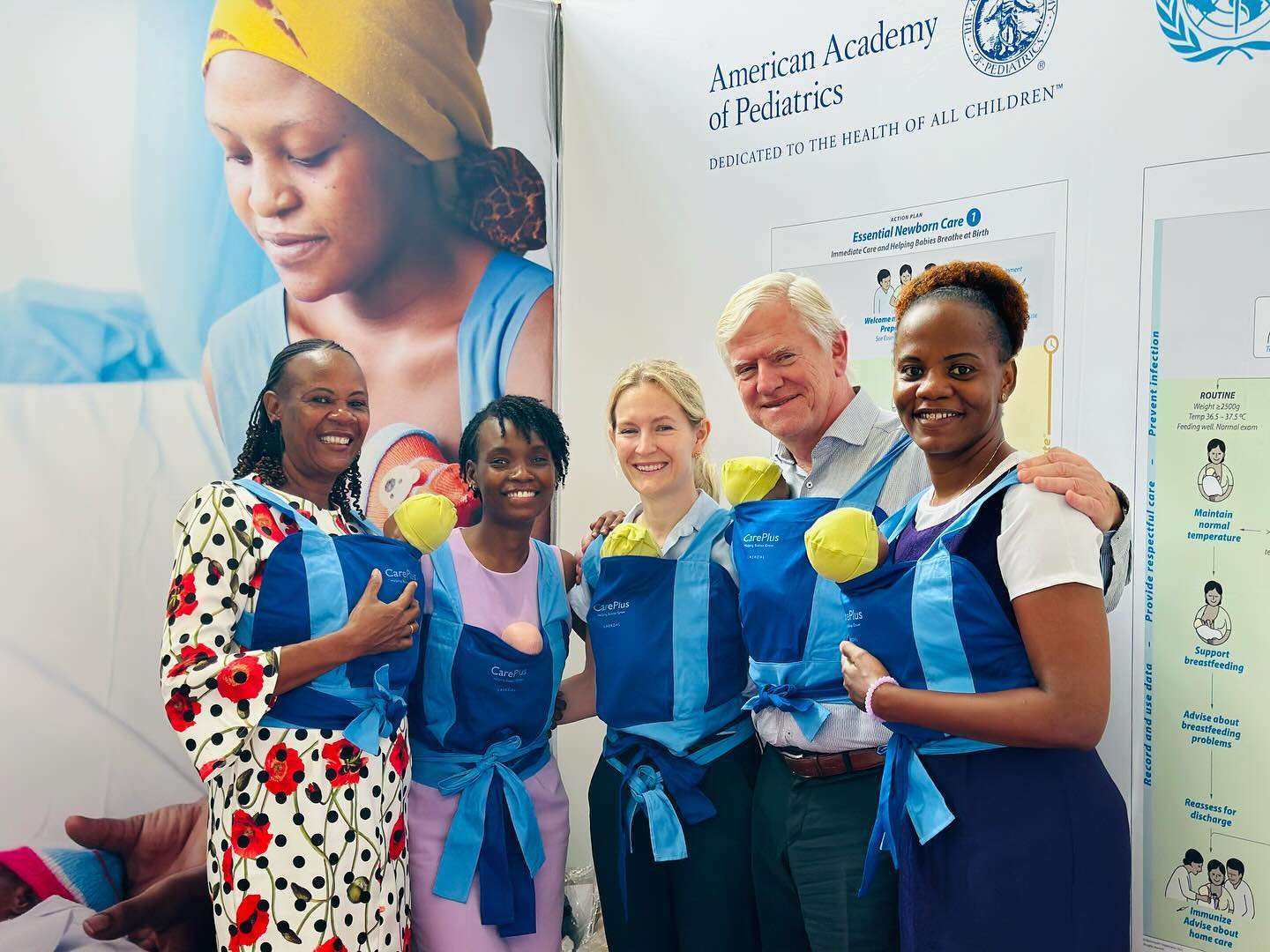With this year’s RMNCAH Conference theme being access to quality care, the Safer Births Bundle of Care (SBBC) team, including members from Haydom Lutheran Hospital, were invited to present to delegates, sharing the demonstrated impact of the program, how it was implemented, successes and learnings. Based on 12 years of research and more than 100 published papers, the Safer Births Bundle of Care is an evidence-based program to reduce maternal and newborn mortality. The program includes training and clinical innovation tools coupled with on-the-job low dose high frequency trainings as well as continuous quality improvement initiatives (guided by local data) and supportive mentorship to ensure sustainability over time. The first phase of Safer Births Bundle of Care (SBBC) project in Tanzania has concluded after successful implementation in 30 hospitals in the country, with an important close out meeting held in Mwanza just a few days ahead of the RMNCAH Conference.
During this presentation, a Doctor working at a hospital where SBBC was implemented shared a story of a newborn baby who was successfully resuscitated thanks to the healthcare workers having been trained to detect a heart rate using the NeoBeat Heart Rate Meter, and then being able to carry out effective resuscitation. The story was met with applause from delegates and provided an important moment of reflection and pride for all involved in this implementation-research project. The team, having signed the formal contracts at a dinner event during the week of the conference at Serena Hotel, were also able to share the news that SBBC will be scaled from early 2024 reaching a further 110 hospitals and improving the care mothers and babies within 5 regions in Tanzania.

